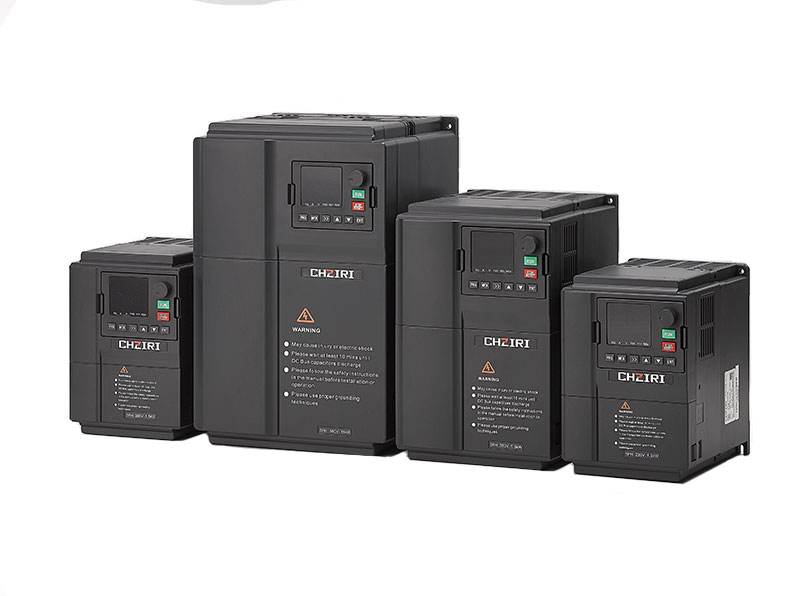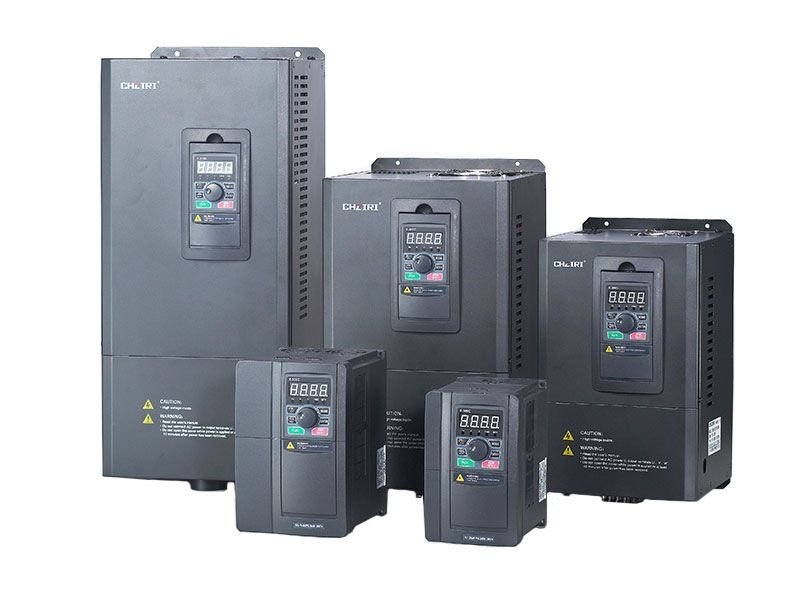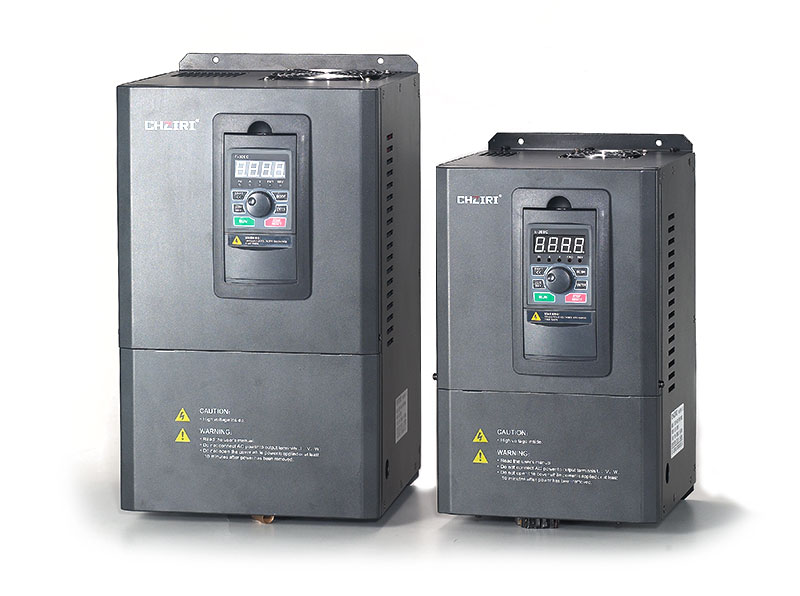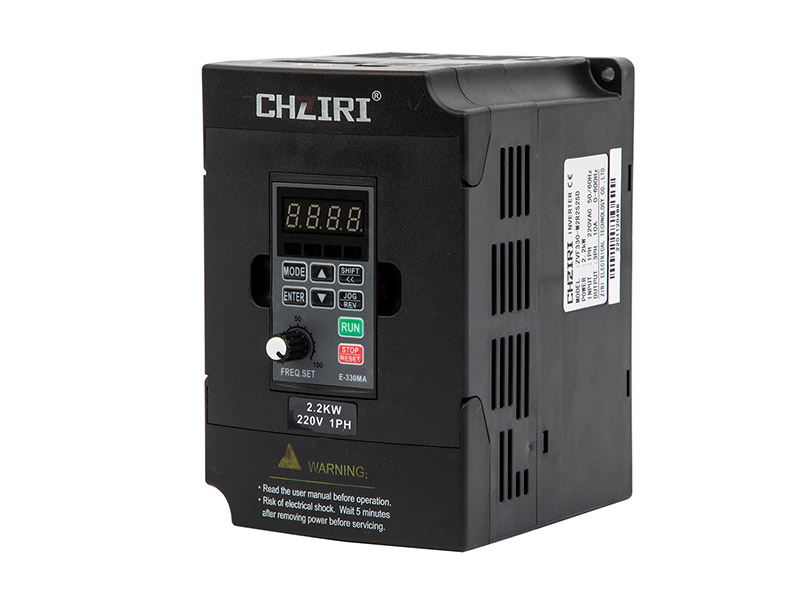The difference between frequency converter and inverter and the application range of frequency converter
What is a frequency converter? Introduction to frequency converter: mainly change the frequency of electricity. The frequency converter is mainly composed of rectification (AC to DC), filter, inverter (DC to AC), braking unit, and so on. Frequency converters contain inverters. The frequency converter can achieve energy saving, speed regulation, improve the motor running accuracy, low speed and high torque, fast start, and stop, stable speed, step-less speed change, etc. In addition, the frequency converter also has various protection functions, such as over-current, over-voltage, Overload, Undervoltage, undercurrent protection, etc.
What is a Inverter? Introduction to Inverter: The inverter converts DC power into AC power, for example, the power of the battery on the battery car is converted into AC power to drive the motor. It consists of an inverter bridge, control logic, and a filter circuit.
The difference between frequency converter and inverter:
1. Frequency converters are used to change the frequency of alternating current. Inverters are used to convert direct current into alternating current.
2. The inverter converts DC power into AC power (generally 220V, 50Hz sine wave), and the frequency converter can also be adjusted; the frequency converter converts the input AC power into the AC output of the required frequency; its principle is "AC-DC-AC "Or "cross-cross", "cross-straight-cross" is more common. The frequency converter includes the inverter, which is a combination of "rectification + inverter".
3. The frequency converter must have a part to adjust the frequency, which can realize step-less speed regulation, while the inverter only needs to have a fixed output frequency.
What is the function and purpose of the frequency converter?
The frequency converter main function is to convert fixed-frequency alternating current into adjustable-frequency alternating current to control the speed and operating efficiency of the motor. The role of the frequency converter can be summarized in the following aspects:
Energy saving and consumption reduction: By adjusting the motor speed to make it run in the optimal load range, reduce the energy consumption and loss of the motor.
Precise control: The inverter can precisely control the speed and output power of the motor according to the demand, so as to meet the requirements of the motor operation in the production process.
Protection equipment: The inverter can protect the motor, such as over-current protection, under-voltage protection, etc., to avoid the occurrence of equipment overload and damage.
Expand the application range of the motor: A motor can be applied to a variety of different loads and working conditions through the frequency converter, which expands the use range and flexibility of the motor.
The working principle of the inverter is mainly to use electronic technology to convert the input AC power into DC power, and then convert the DC power into AC power with controllable frequency and voltage and output it to the motor to realize the adjustment and control of the motor speed.
Frequency converter application
The frequency converter has a wide range of applications, in many industrial and commercial occasions.
-In industrial applications, frequency converters are used to control extruders, electric cranes, roller coasters, mechanical bulls, etc., and the application range is very wide!
-In commercial applications, frequency converters are widely used in water pumps to control the flow and even volume of water tanks, as well as in the HVAC industry, and are considered energy-saving and environmentally friendly technologies.
-In the power industry, frequency converter products play an important role in the entire power generation process. Frequency converters can be used in wind power generation, hydropower generation, coal-fired power generation, garbage cleaning, and exhaust gas emissions.
-In the oil and gas drilling industry, frequency converters can be applied to load-type motors in the oil and gas drilling industry, such as gas compressors, water injection pumps, oil pumps, oil pumps, submersible pumps, etc., which can greatly save energy and reduce emissions.
-In the building materials industry, frequency converters are mainly used in motors such as mills, blowers, exhaust fans, rotary kilns, conveyors, etc. With the development of science and technology and the advancement of concepts, more and more attention is now paid to environmental protection, energy conservation and emission reduction, so the demand for high-power frequency converters in the building materials industry is increasing year by year.
- If the coal industry wants to improve the level of automation, it needs to develop high-tech, and frequency converter is one of them. It is used in mine hoists, and the energy-saving effect is very significant. It can not only improve the automation level and transmission capacity of the motor, but also reduce the consumption of electricity.










